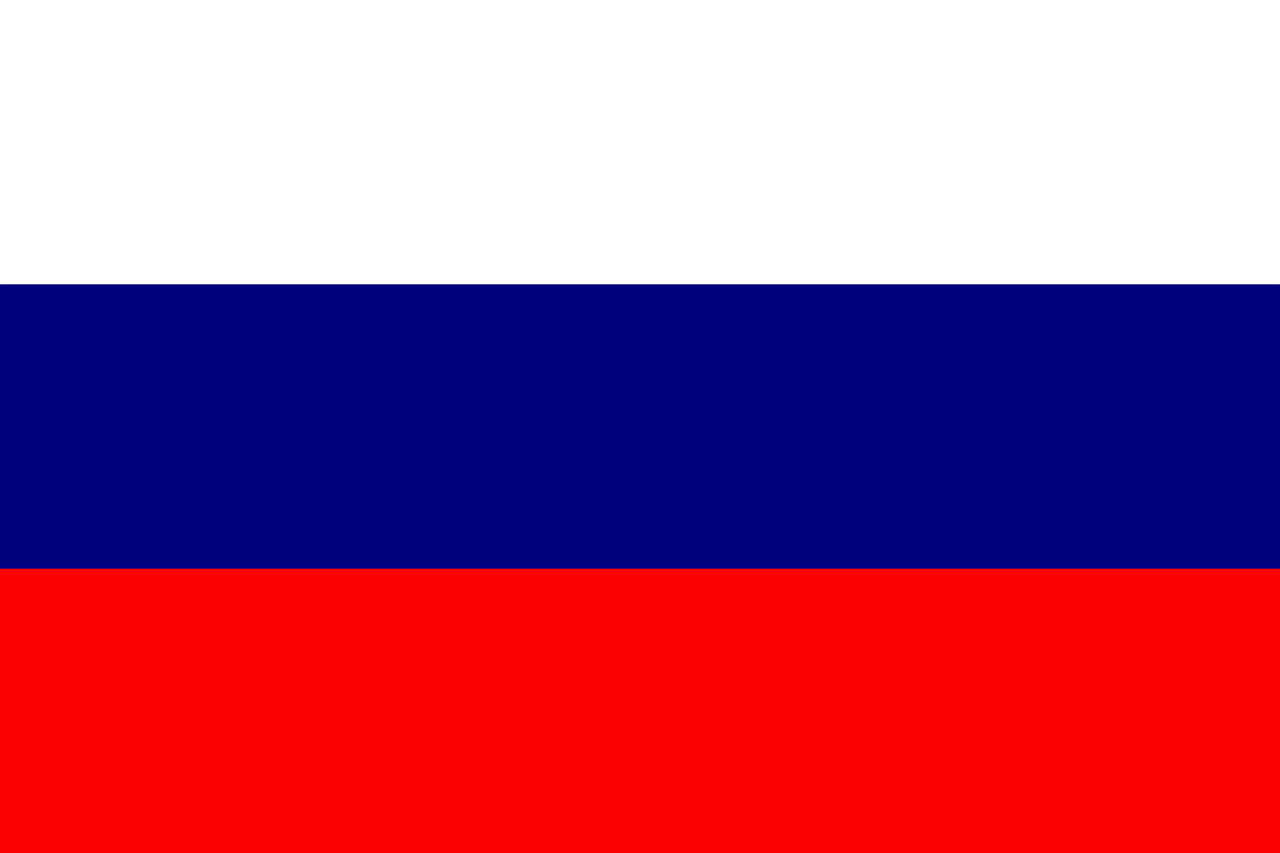
403
Sorry!!
Error! We're sorry, but the page you were
looking for doesn't exist.
Russia responds to elimination of Ukrainian Nazi SS monument in Canada
(MENAFN) In a recent development that has garnered international attention, an unverified video surfaced online, purportedly depicting the removal of a controversial cenotaph from St. Vladimir Ukrainian cemetery in Oakville, a suburb of Toronto, Canada. The monument in question commemorated the Waffen-SS Galicia Division, and the footage suggested that its top part, featuring a cross adorned with the SS unit's emblem, was missing. While official confirmation from local authorities is still pending, the Russian embassy in Canada has welcomed the reported removal, hailing it as a "good start" in countering efforts to whitewash the crimes of the Nazis and the SS.
The spokesman for the Russian embassy emphasized that justice had triumphed, asserting that symbols of Nazism and the glorification of Nazi collaborators have no place in countries that were part of the anti-Hitler coalition. Despite the ongoing neo-Nazi propaganda from Kiev and its supporters, the embassy expressed optimism that such moves would serve as a deterrent against attempts to sanitize the historical narrative.
The monument, erected in 1988 alongside another commemorating the Ukrainian Insurgent Army (UPA), has long been a source of controversy in the Oakville community. The UPA has faced accusations of extensive ethnic cleansing, particularly targeting the Jewish and Polish populations in the region during World War II. The removal of the Waffen-SS Galicia Division cenotaph comes after previous incidents of vandalism, prompting Oakville Mayor Rob Burton to openly condemn the monument. However, he acknowledged that local authorities lacked the power to demolish it, adding another layer to the complex and contentious history surrounding the memorial.
As the international community awaits official confirmation and further details, the incident raises questions about the delicate balance between historical remembrance, freedom of expression, and the responsibility of local authorities in addressing contentious monuments tied to wartime ideologies. The removal, if verified, could have broader implications for discussions surrounding the preservation or removal of historical artifacts that carry a contentious legacy, prompting a reevaluation of the role of such memorials in shaping collective memory.
The spokesman for the Russian embassy emphasized that justice had triumphed, asserting that symbols of Nazism and the glorification of Nazi collaborators have no place in countries that were part of the anti-Hitler coalition. Despite the ongoing neo-Nazi propaganda from Kiev and its supporters, the embassy expressed optimism that such moves would serve as a deterrent against attempts to sanitize the historical narrative.
The monument, erected in 1988 alongside another commemorating the Ukrainian Insurgent Army (UPA), has long been a source of controversy in the Oakville community. The UPA has faced accusations of extensive ethnic cleansing, particularly targeting the Jewish and Polish populations in the region during World War II. The removal of the Waffen-SS Galicia Division cenotaph comes after previous incidents of vandalism, prompting Oakville Mayor Rob Burton to openly condemn the monument. However, he acknowledged that local authorities lacked the power to demolish it, adding another layer to the complex and contentious history surrounding the memorial.
As the international community awaits official confirmation and further details, the incident raises questions about the delicate balance between historical remembrance, freedom of expression, and the responsibility of local authorities in addressing contentious monuments tied to wartime ideologies. The removal, if verified, could have broader implications for discussions surrounding the preservation or removal of historical artifacts that carry a contentious legacy, prompting a reevaluation of the role of such memorials in shaping collective memory.

Legal Disclaimer:
MENAFN provides the information “as is” without warranty of any kind. We do not accept any responsibility or liability for the accuracy, content, images, videos, licenses, completeness, legality, or reliability of the information contained in this article. If you have any complaints or copyright issues related to this article, kindly contact the provider above.
Most popular stories
Market Research

- Manuka Honey Market Report 2024, Industry Growth, Size, Share, Top Compan...
- Modular Kitchen Market 2024, Industry Growth, Share, Size, Key Players An...
- Acrylamide Production Cost Analysis Report: A Comprehensive Assessment Of...
- Fish Sauce Market 2024, Industry Trends, Growth, Demand And Analysis Repo...
- Australia Foreign Exchange Market Size, Growth, Industry Demand And Forec...
- Cold Pressed Oil Market Trends 2024, Leading Companies Share, Size And Fo...
- Pasta Sauce Market 2024, Industry Growth, Share, Size, Key Players Analys...






















Comments
No comment